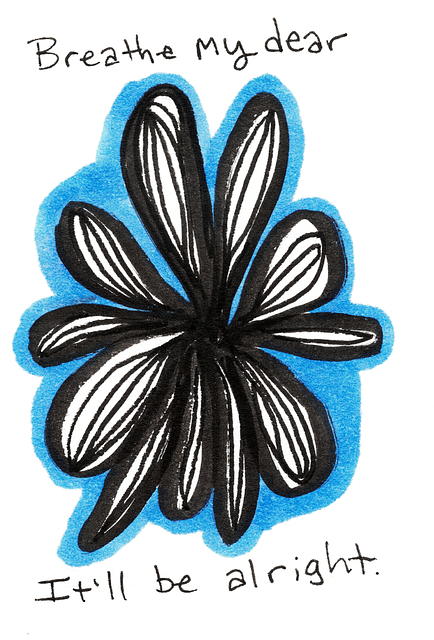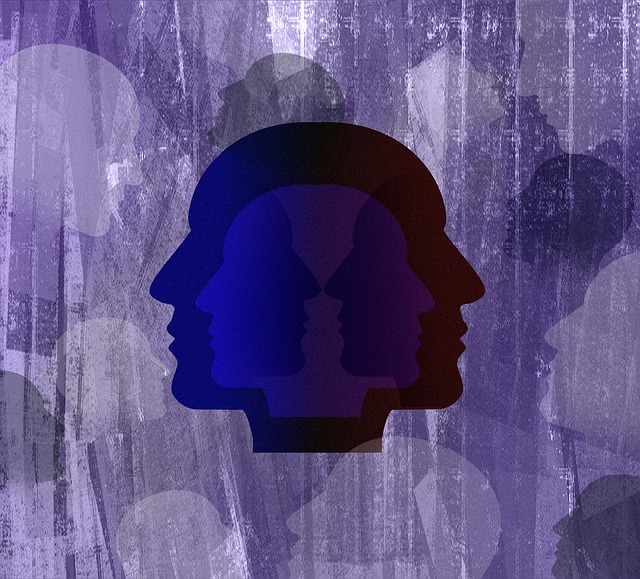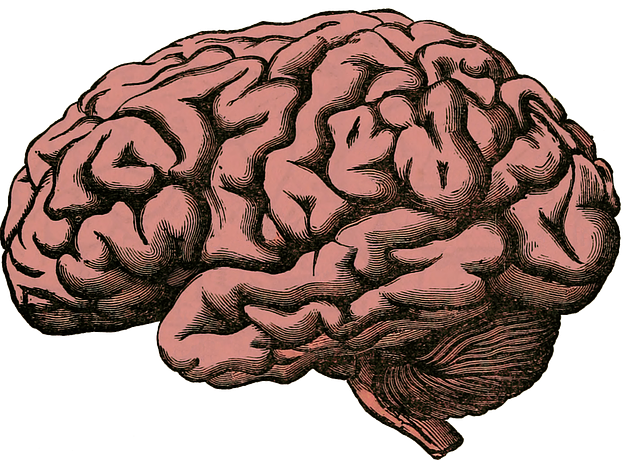Broomfield Young Adults Therapy prioritizes cultural sensitivity as a core principle in delivering effective and equitable mental healthcare. They recognize the diverse needs of their client base, especially marginalized communities, by offering tailored therapy aligned with cultural identities. Through initiatives like stress management workshops and continuous training in cultural competence, Broomfield Young Adults Therapy creates inclusive environments fostering better engagement and outcomes. Their emphasis on empathy, active listening, and community outreach strengthens relationships with diverse groups, ensuring accessible and culturally appropriate mental health services.
In the diverse landscape of mental healthcare, cultural sensitivity is paramount. This article explores the vital role it plays, particularly within the context of Broomfield Young Adults Therapy. We delve into the complexities of understanding and addressing cultural nuances, highlighting challenges faced by practitioners while providing best practices to enhance cultural competence. By navigating these considerations, we strive to improve outcomes for young adults from various backgrounds, ensuring effective and inclusive therapy in Broomfield and beyond.
- Understanding Cultural Sensitivity in Mental Healthcare
- Challenges and Considerations for Broomfield Young Adults Therapy
- Best Practices to Enhance Cultural Competence
Understanding Cultural Sensitivity in Mental Healthcare

In the realm of mental healthcare, cultural sensitivity is a vital aspect that ensures equitable and effective treatment for all individuals, regardless of their background. This involves understanding and appreciating the diverse beliefs, values, and practices that shape people’s lives, including those from minority or marginalized communities. At Broomfield Young Adults Therapy, we recognize that cultural context plays a significant role in an individual’s mental health journey. For instance, what may be considered healthy coping mechanisms in one culture could differ greatly from another. Thus, our approach emphasizes the importance of tailoring therapy and support services to align with the unique cultural needs of each client.
By incorporating cultural sensitivity into mental healthcare practices, we aim to create a safe and inclusive environment. This involves learning about different cultural perspectives on mental illness, stress management, and healing processes. The Stress Management Workshops Organization often emphasizes communication strategies that bridge cultural gaps, while Resilience Building programs focus on cultivating strengths that are culturally relevant. These initiatives ensure that therapy sessions are not just effective but also respectful of the client’s identity, fostering better engagement and outcomes.
Challenges and Considerations for Broomfield Young Adults Therapy

Broomfield Young Adults Therapy faces unique challenges when serving a diverse client base. Navigating cultural sensitivities requires mental healthcare professionals to possess a deep understanding and appreciation for various cultural backgrounds, beliefs, and values. Many young adults from diverse ethnic and socio-economic groups may have distinct healing needs and expectations, which can differ significantly from mainstream practices. For instance, some cultures prioritize collective family involvement in therapy, while others emphasize individualism.
To address these challenges, empathy building strategies are essential. Mental health professionals at Broomfield Young Adults Therapy must be adept at creating a safe, inclusive environment that fosters open communication. This involves incorporating cultural competence training and continuous education on risk assessment for mental health professionals to ensure informed decision-making. Additionally, implementing social skills training can help young adults from diverse backgrounds build connections and navigate interpersonal relationships effectively within a therapeutic setting.
Best Practices to Enhance Cultural Competence

At Broomfield Young Adults Therapy, we firmly believe that cultural sensitivity is the cornerstone of effective mental healthcare. To enhance cultural competence, therapists should actively engage in continuous learning and self-reflection to stay informed about diverse cultural practices, beliefs, and values. This includes exploring one’s own biases and privileges, as well as seeking feedback from clients to better understand their unique perspectives.
Implementing empathy building strategies is another key best practice. Actively listening, validating feelings, and reflecting experiences demonstrates genuine interest in the client’s cultural context. Moreover, establishing a Community Outreach Program can foster connections with diverse communities, ensuring services are accessible and culturally appropriate. This holistic approach not only improves mental health awareness but also strengthens relationships between healthcare providers and the communities they serve.
Cultural sensitivity is an indispensable aspect of mental healthcare, especially when catering to diverse populations like those served by Broomfield Young Adults Therapy. By understanding and addressing cultural nuances, therapists can create a more inclusive environment, effectively meeting the unique needs of their clients. The challenges discussed in this article highlight the importance of continuous learning and adaptation. Implementing best practices, such as encouraging open dialogue, promoting culturally relevant interventions, and ensuring therapist diversity, will help enhance cultural competence and ultimately improve outcomes for young adults from various cultural backgrounds.









